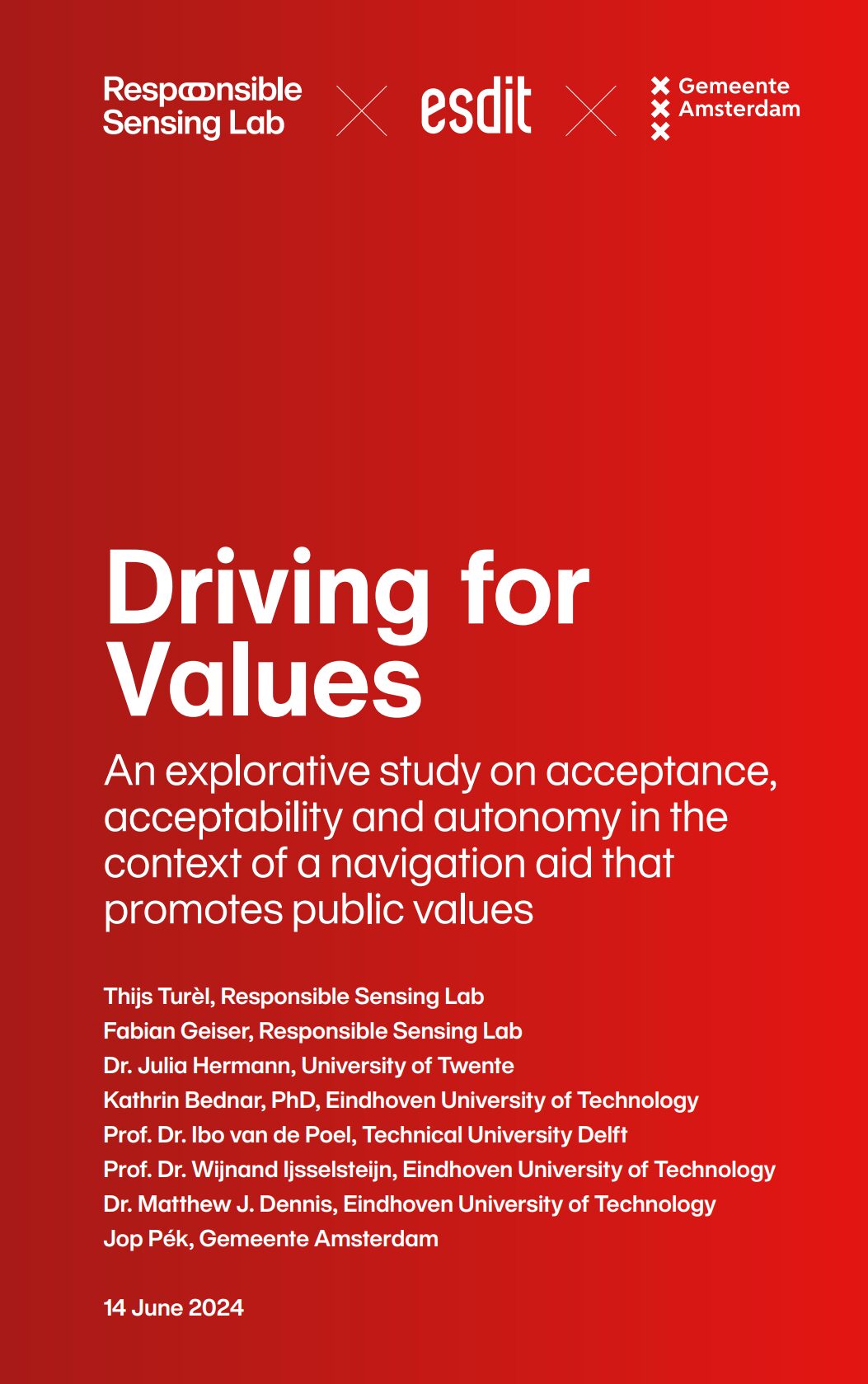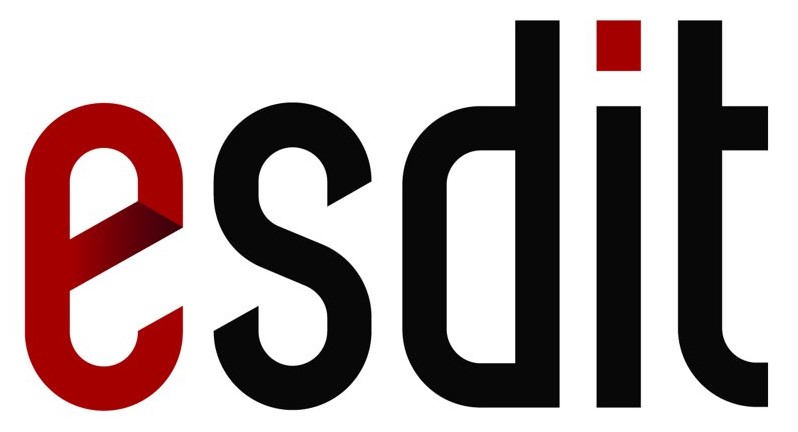Description of This Research Line
We focus on challenges, opportunities, systems and methods to better align philosophy and ethics of technology with actual technological development and innovation.
For example, concepts can have drastically different meanings across disciplines, which challenges us as ethicist to rethink how we formulate ethical guidelines in a way that is useful in practice.
Get involved
As we are committed to aligning technology ethics to innovation practice. We warmly welcome input and collaboration with researchers, engineers, companies and organizations working in STEM. Feel free to reach out to us to get in touch.
Related Projects
Compliance by Design: Technical Challenges of EU AI Act Requirements and Their Ethical Implications [2025-2029]
PhD candidate: Roberta Tamponi (r.tamponi@liacs.leidenuniv.nl)
Supervisors: Dr. Anna Kononova (a.kononova@liacs.leidenuniv.nl), Dr. Carina Prunkl (c.e.a.prunkl@uu.nl)
Promoter: Prof. Dr. Thomas Bäck (t.h.w.baeck@liacs.leidenuniv.nl)
Project Description
This PhD project aims to critically evaluate the European Union's Artificial Intelligence Act (AI Act) as an example of the challenges associated with promoting and monitoring compliance in AI systems, focusing on both technical feasibility and broader ethical implications. The research investigates how the ethical and legal requirements outlined in the Act can be translated into tangible technical solutions, particularly in the design, development, and assessment of algorithms and systems that embody its mandates. A central goal is to explore methodologies for assessing compliance with the Act, developing risk evaluation frameworks aligned with its classifications, and creating practical tools for ensuring AI systems adhere to ethical and technical standards. By focusing on "compliance by design," this project also seeks to identify best practices in algorithmic design that address the Act’s requirements while highlighting potential technical limitations.
In addition to its technical focus, the research addresses the intersection of ethics and technology, examining how design choices informed by the Act’s guidelines can be evaluated against broader ethical principles. The study will also extract lessons from similar attempts to integrate compliance considerations into technology design, offering generalizable insights for future regulatory approaches to emerging AI technologies. This work is part of the Ethics of Socially Disruptive Technologies (ESDiT) programme, an interdisciplinary initiative examining how emerging technologies challenge and reshape moral values and societal concepts, combining insights from ethics, philosophy, technology, and social sciences to address pressing issues at the intersection of these domains. Through its integration of ethical and technical dimensions, the project contributes to the development of robust, forward-looking approaches to AI governance.
Preserving Human Capabilities & Extending Well-Being [2025-2029]
PhD candidate: Freek van der Weij (f.h.v.d.weij@tue.nl)
Supervisors: Dr. Matthew Dennis (m.j.dennis@tue.nl), Dr. Linghan Zhang (l.zhang1@tue.nl)
Promoter: Prof. dr. Wijnand IJsselsteijn (W.A.IJsselsteijn@tue.nl)
Project Description
To preserve human capabilities as people age, governments, organizations and individuals increasingly turn to technology. Rising healthcare costs due to aging populations put pressure on this development. Often however, new technologies are not well-attuned to the needs and desires of the intended user group. This project aims to improve the consideration of first-person human experience in the design of technologies for older people.
The project contributes to the ESDiT program in two respects: (1) the project contributes to the ESDiT objective of improving the interdisciplinarity of philosophy of technology and (2) it aims to improve understanding of the technology-induced societal disruption of aging.
Qualitative investigation of STEM perspectives [2022-2023]
- Post-doc: Dr. Michael Dale (m.t.dale@tue.nl)
- Supervisor: Prof. Dr. Wijnand IJsselsteijn (w.a.ijsselsteijn@tue.nl)
Project Description
The aim of this postdoc project is to perform a multi-method empirical investigation and philosophical analysis of the ethical practices and mechanisms (e.g., safeguards, guidelines) employed by current scientific thought leaders in STEM (Science, Technology, Engineering and Mathematics) fields, CEOs, entrepreneurs and technical experts in relevant high-tech/biotech industries in order to create ethical awareness, assess ethical drivers and barriers, and raise ethical concerns. This includes the current form of ethical knowledge within high-tech environments, the role that ethical considerations play in pursuing, altering or discontinuing certain technological pursuits, and the extent to which ethical notions, considerations and practices are impacting current and future technology R&D, including the societal introduction and use of high-tech products and services. There will be a special emphasis on the extent to which currently used ethical concepts, methods and recommendations connect well with the practices in industry and policy regarding the disruptive or transformative potential and actual effects of technology.
Related Publications
Can communication Brain-Computer Interfaces read minds? Journal Article
In: Phenom Cogn Sci, 2025, ISSN: 1572-8676.
A conceptual and ethical framework for empathy and communication technologies Journal Article
In: Technology in Society, vol. 79, 2024, ISSN: 0160-791X.


Examining the assumptions of AI hiring assessments and their impact on job seekers' autonomy over self-representation Journal Article
In: AI & Society, 2023.
Related News & Media
Related Events
Deprecated shortcode. Use [vsel list="all"] instead.
People Involved
Coordinators
Coordinators
Core members







































